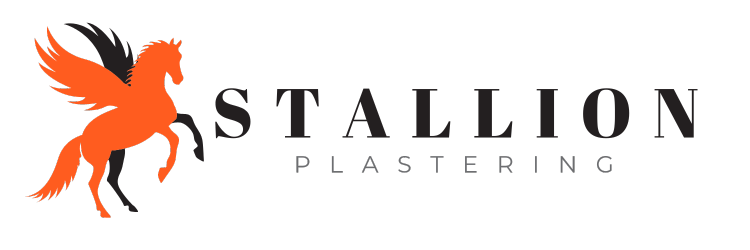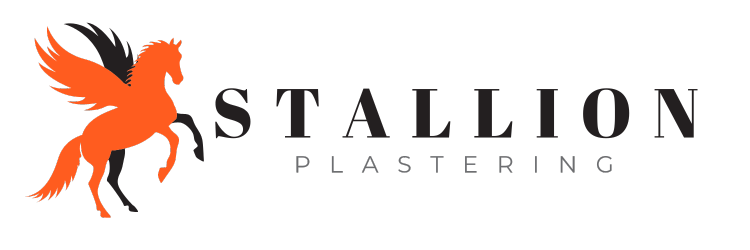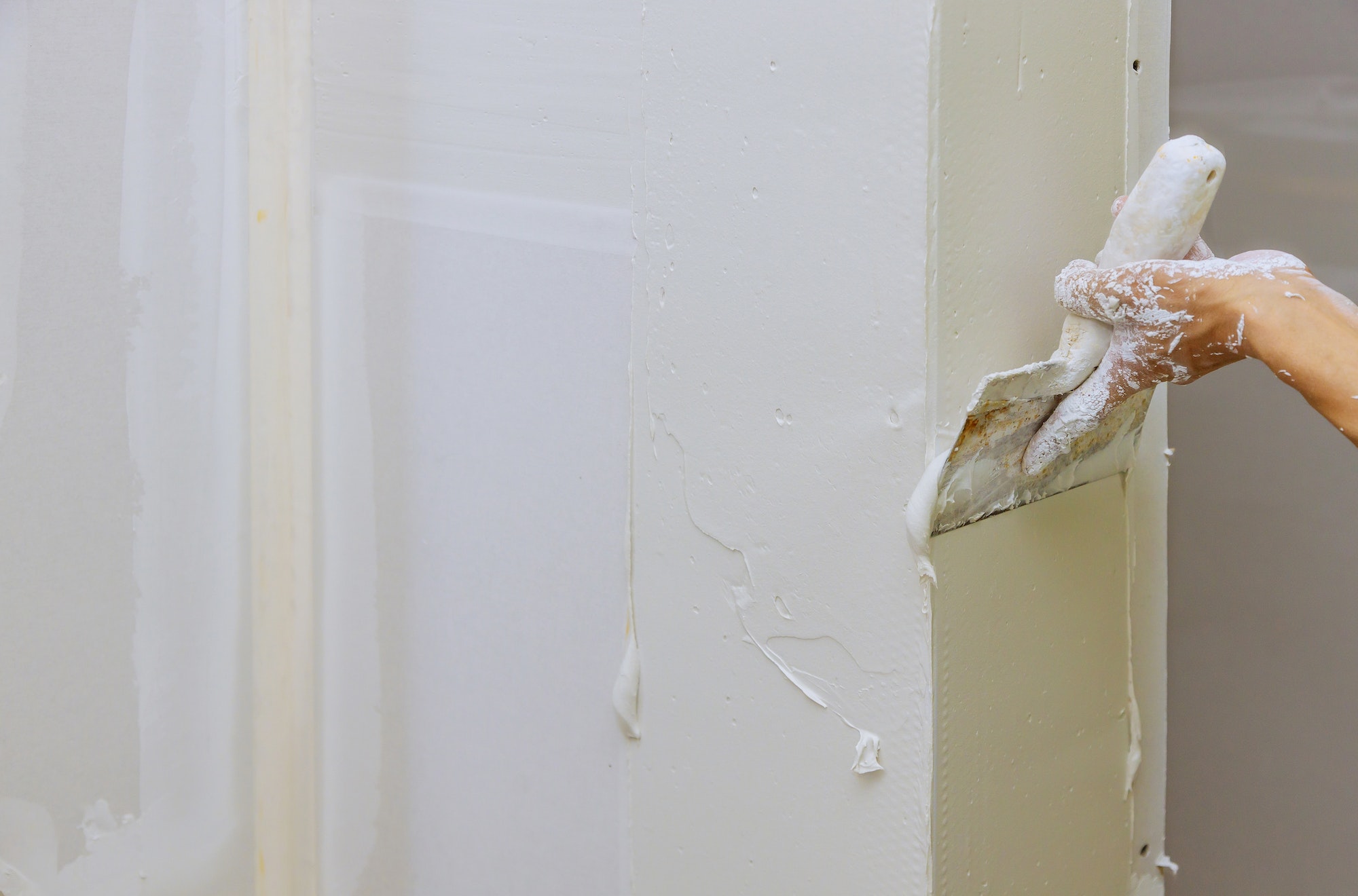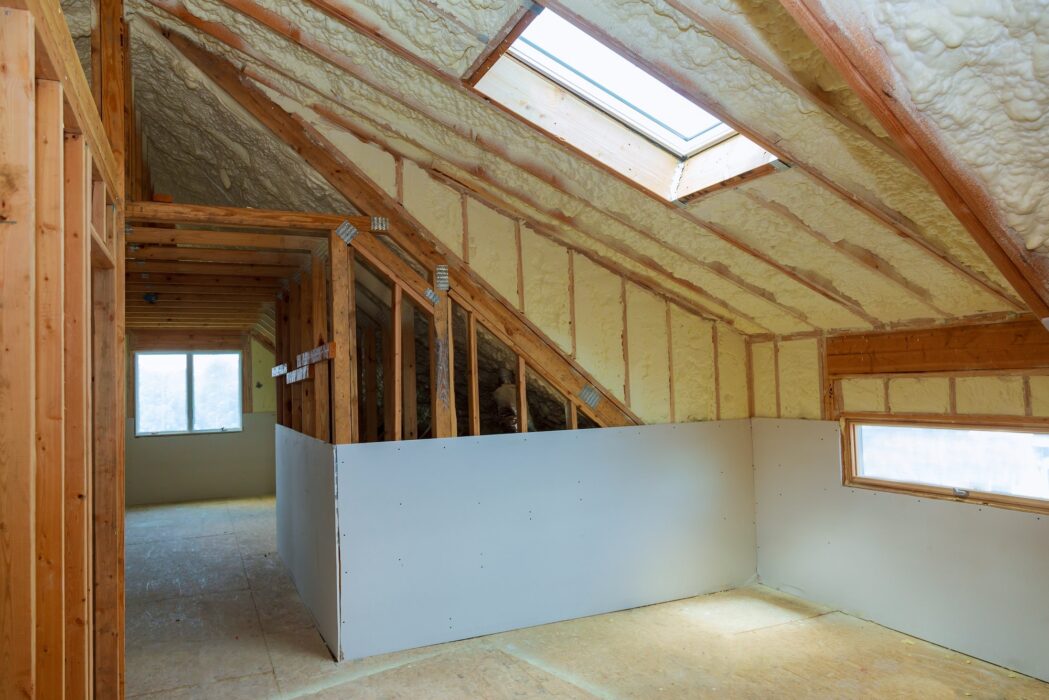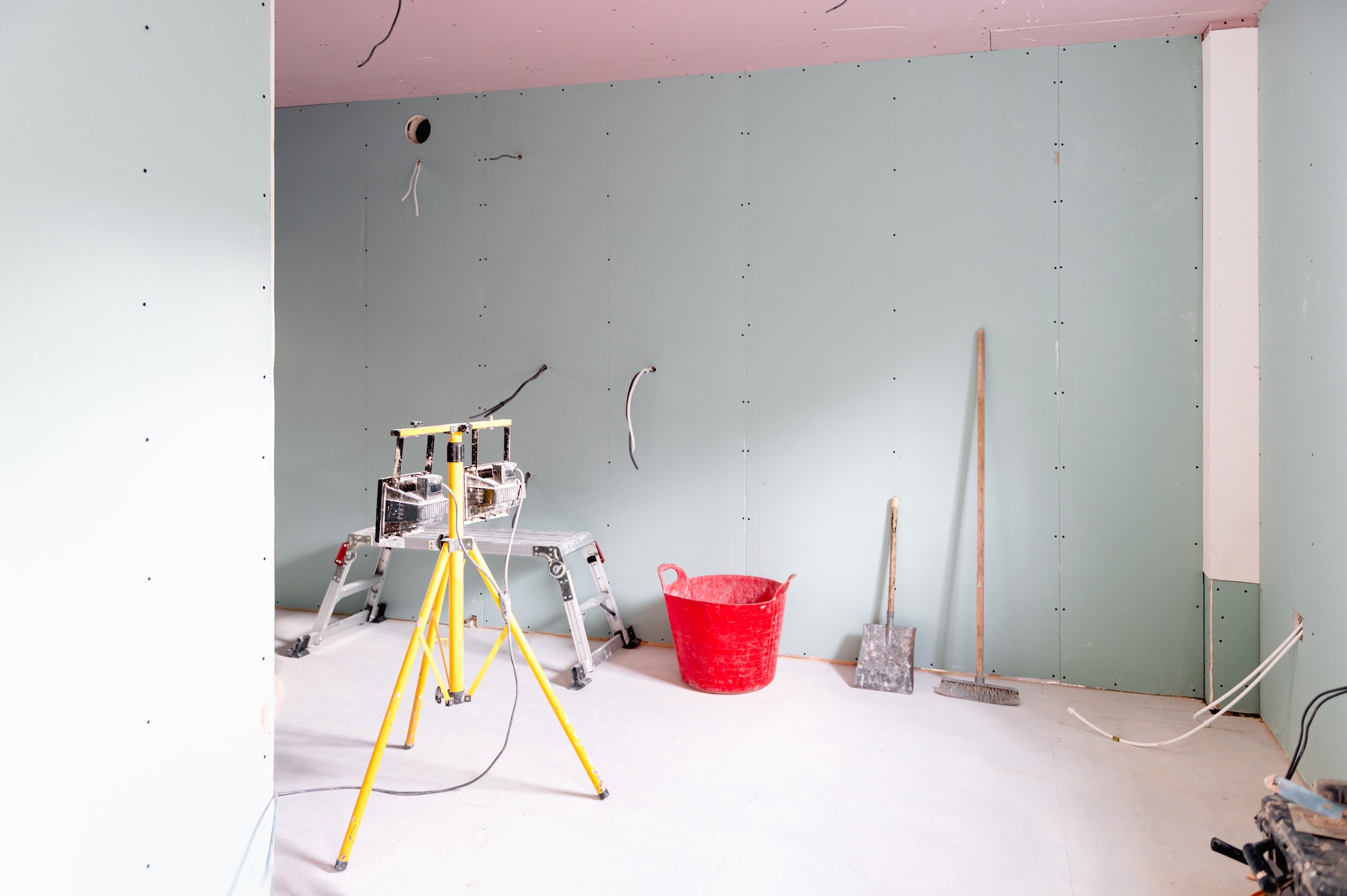How Much Does External Wall Insulation Cost?
External wall insulation is becoming an increasingly popular choice for homeowners looking to improve the energy efficiency of their homes. Not only does it provide a more comfortable living environment, but it can also reduce energy bills and help the environment by reducing carbon emissions.
The cost of external wall insulation varies depending on factors such as location, property size, wall type, and insulation material. On average, it ranges from £100 to £130 per square meter, but additional factors can influence the final price.
To get a comprehensive understanding of the costs involved, it is essential to assess your specific situation and needs. In this blog post, we will explore the costs associated with external wall insulation and provide some helpful tips for budgeting and planning your project.
What is external wall insulation and why is it important?
External wall insulation refers to the application of insulating material to the outside walls of a building. This is important as it helps to reduce heat loss and keep the house warm, saving money on energy bills. In addition, it also helps to improve the overall energy efficiency of a building and reduces the amount of carbon emissions that a building produces.
External wall insulation is particularly important for homes with solid walls or those built before 1920, as these can be more difficult to insulate using traditional methods. Investing in external wall insulation not only has a positive impact on the environment but also on the value of the property, making it an essential consideration for any homeowner
Factors that affect the cost of external wall insulation
| Benefits | Description | Factors Affecting Cost | Cost-Saving Tips |
|---|---|---|---|
| Improves energy efficiency | Reduces heat loss and energy bills | Location, property size, wall type, insulation material | DIY installation, negotiation, cost-effective materials |
| Reduces carbon emissions | Lowers environmental impact | Location, insulation material | Schedule off-peak installation, consider eco-friendly materials |
| Essential for solid wall homes or pre-1920s homes | Traditional insulation methods may not work | Wall type, insulation material | Seek professional advice |
| Grants and funding available | Lower the cost for homeowners | Eligibility criteria, available funding | Research available grants and funding options |
Cost of External Wall Insulation
-
Understanding the Costs: The cost of external wall insulation varies depending on factors such as location, property size, wall type, and insulation material. On average, it ranges from £100 to £130 per square meter, with prices ranging from £80 to £150 per square meter.
-
Factors that Impact the Cost: The type of property and materials used can significantly impact the estimated total cost of external wall insulation. For example, a mid-terrace house with a solid brick wall can cost between £8,000 and £13,000, whereas a detached house with cavity walls can cost between £14,000 and £24,000.
-
Grants and Funding: Homeowners should note that grants and funding for external wall insulation are available in some areas, which can cut down on costs. It’s essential to research and understand the options available to you.
-
Cost-Effective Solutions: Homeowners can also reduce costs by choosing the right insulation material, hiring a reputable installer, and conducting regular maintenance to avoid future repairs.
-
Long-Term Benefits: External wall insulation may seem like a considerable investment, but it can help homeowners save substantially on energy bills in the long run. It also has positive environmental impacts by reducing carbon emissions.
By understanding the costs and factors that impact the cost of external wall insulation, homeowners can make informed decisions and choose cost-effective solutions that provide long-term benefits.
Average cost per m2 of external wall insulation
The average cost per m2 of external wall insulation varies depending on several factors such as location, property size, wall type, and insulation material. On average, a full installation using 90mm-thick EPS costs around £130 per m2, while external wall insulation costs usually around £100 per square metre.
For a small flat, the estimated cost ranges from £8,000 to £22,000 for a larger detached home. A three-bedroom semi-detached home costs around £5,000-£9,000, while for a mid-terrace house, the cost is between £4,000 – £6,000.
A detached house typically costs around £15,000-£20,000 to completely insulate. Additionally, the Energy Saving Trust estimates that the typical cost of external wall insulation for a typical 3-bedroom semi-detached house is around £7,000 to £13,000.
Knowing the estimated cost of external wall insulation can help homeowners plan for their renovation projects and make informed decisions.
Factors that affect the cost of external wall insulation
- Location: Properties located in urban or suburban areas may cost more due to higher labor costs or additional transport costs.
- Property Size: Larger properties will require more insulation material and time to complete the installation process.
- Wall Type: Solid walls will require more insulation material and therefore will be more expensive to insulate than cavity walls.
- Insulation Material: The type of insulation material used will determine the cost, with some materials being more expensive than others, such as mineral wool EWI being more expensive than EPS.
By considering these factors, homeowners can accurately estimate the cost of external wall insulation for their property.
Estimated total cost of external wall insulation for different property types and wall materials
When it comes to external wall insulation, the cost can vary depending on multiple factors. These factors can include the location of the property, the size of the property, the type of wall, and the insulation material used. The estimated total cost of external wall insulation for different property types and wall materials can range from a few thousand pounds to tens of thousands of pounds. For example, single brick walls could cost around £95 per m2, while solid stone walls could cost up to £400 per m2.
However, it is important to note that external wall insulation can bring long-term benefits, such as energy efficiency and cost savings on energy bills. There are also grants and funding available to help with the cost of external wall insulation, which can make it a more affordable option for homeowners. Taking steps to reduce the cost, such as DIY installation or negotiating with contractors, can also help make external wall insulation more accessible. Overall, external wall insulation can be a worthwhile investment for those looking to improve the energy efficiency of their home and reduce energy bills in the long term.
External Wall Insulation Grants and Funding
Another option to consider when looking into external wall insulation is the availability of grants and funding. Government grants are available to help towards the cost of installation, making it a more affordable option for homeowners or social housing providers. These grants cover a portion of the cost of insulation materials and installation fees, with some covering up to 25% of the total cost.
To be eligible for these grants, you must meet certain criteria, such as someone in your household receiving a qualifying benefit or being within a certain income bracket. Another way to save on costs is through the Affordable Warmth Scheme section of the Government’s ECO4 Scheme, which offers Solid Wall Insulation Grants for eligible households. By exploring these options, you can make external wall insulation a more accessible and cost-effective solution for improving the energy efficiency of your home.
Tips for Reducing the Cost of External Wall Insulation
-
Consider DIY installation with caution: While it can save money, it requires a certain level of skill and knowledge to ensure proper insulation and avoid potential issues. Follow building regulations and guidelines if attempting a DIY installation.
-
Seek multiple quotes from different contractors: By doing so, you can compare costs and services and negotiate better prices for the best value. Remember that the lowest bid may not always be the best option, as you should also consider the quality of work and reputation of the contractor.
-
Schedule installation during the off-peak season: Contractors may have fewer projects during this time and are more likely to offer discounted rates. This can help save on labor costs without sacrificing the quality of work.
-
Consider using lower-cost insulation materials: EPS is a lower-cost insulation material that may meet your specific insulation needs and requirements. However, consider the long-term benefits and potential energy savings before deciding solely based on the cost of materials.
External Wall Insulation Maintenance and Running Costs
External wall insulation not only saves money on energy bills, but also requires little maintenance. The insulation material used in external wall insulation is resistant to moisture, so there is no need for regular maintenance to prevent mold or dampness. The external cladding, if used, may require cleaning periodically, but this is a simple task that can be done with soap and water.
The running costs of external wall insulation are also low, as the insulation is effective for several decades without requiring replacement. It is important to note that an initial investment in high-quality external wall insulation pays off in the long run, as cheaper materials may deteriorate and require replacement or repairs, leading to higher costs. Overall, maintaining and running external wall insulation is a hassle-free and cost-effective way to improve the energy efficiency and comfort of any property
Percentage of UK homes with solid walls
As mentioned earlier in this article, about a third of UK homes have solid walls. This means that a significant number of households are likely to be losing heat and wasting money on energy bills due to the lack of insulation. Installing external wall insulation can be a great solution to this problem, as it can prevent up to 40% of heat loss from a property.
While the cost of insulation may be higher for solid wall properties, the potential energy savings make it a worthwhile investment. Homeowners should also consider applying for external wall insulation grants and funding to help offset the cost. Overall, with the majority of UK homes being built before 1930, it’s important to consider whether your home has solid walls and if so, explore your insulation options to improve energy efficiency and reduce costs.
Energy Saving Trust’s estimation for 3-bedroom semi-detached homes
The Energy Saving Trust has estimated that external wall insulation for a typical 3-bedroom semi-detached house costs around £7,000 to £13,000. This cost will depend on several factors, such as the location of the property, the size of the house, the type of wall, and the insulation material used.
However, by insulating external walls, homeowners can see a significant reduction in their energy bills and savings of up to £475 per year on a typical semi-detached house. It is crucial to note that funding and grants are available to help reduce the cost of external wall insulation.
Homeowners can also reduce the cost by choosing cost-effective insulation materials and working with reliable and reputable contractors. Proper maintenance can also help prolong the lifespan of external wall insulation, making it a wise investment for homeowners concerned about energy-saving and reducing their carbon footprint.
Conclusion
In summary, external wall insulation is a valuable investment that reduces energy consumption, lowers heating costs, and increases building durability. Throughout the blog post, it has been shown that the cost of external wall insulation depends on several factors, such as location, property size, wall type, and insulation material. However, there are ways to mitigate these costs through funding, grants, and tips to reduce costs.
The Energy Saving Trust’s estimation for 3-bedroom semi-detached homes also shows that external wall insulation can have a significant impact on energy consumption and cost savings. Although the upfront cost may be high, it is worth considering for long-term benefits. In conclusion, external wall insulation has multiple benefits and is a valuable investment for any property owner.
